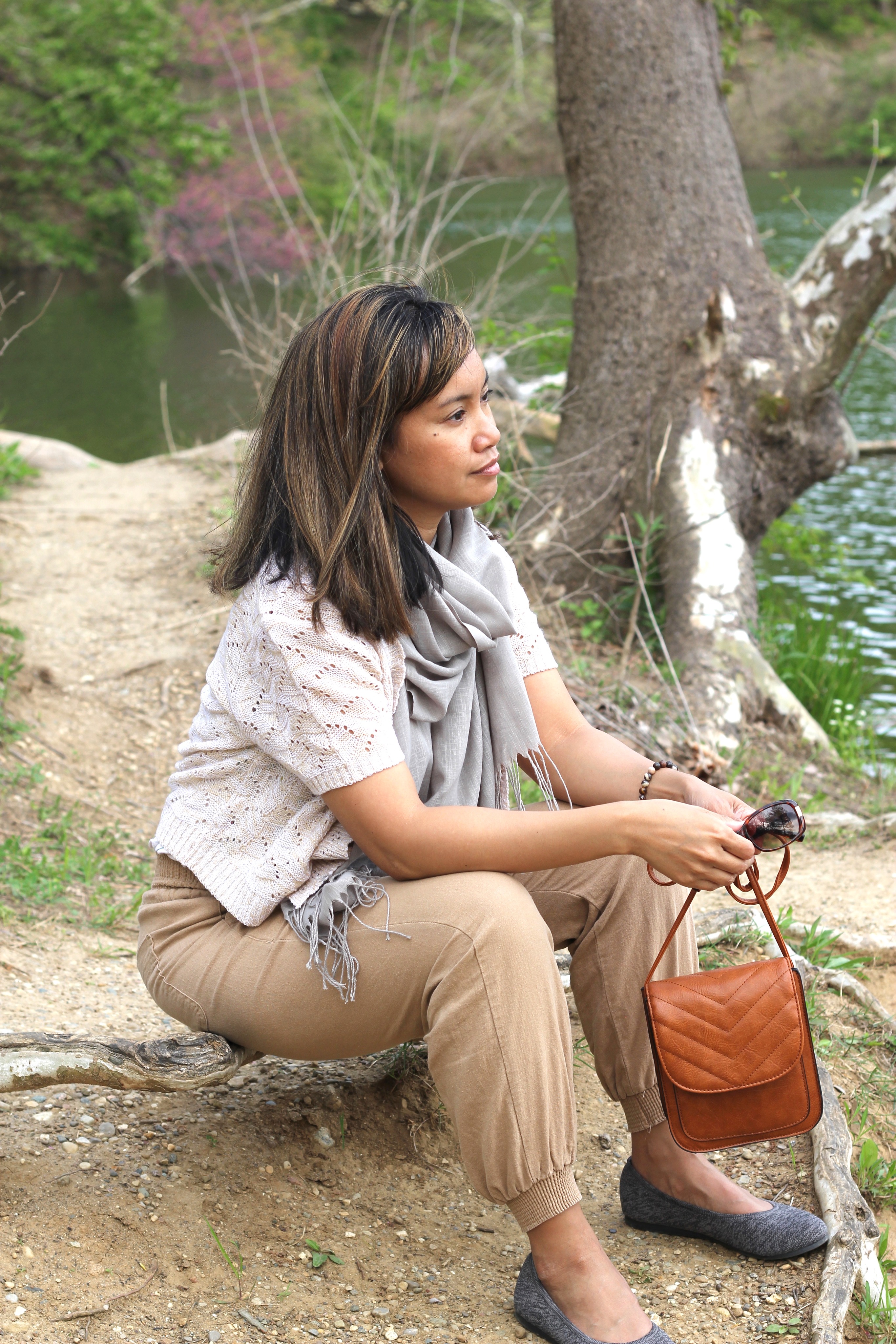Étiquette : adoptés à l'étranger
-
Deux raisons de rester en fleurs
Roxas-Chua partage ses œuvres d'art et ses écrits pour nous aider à comprendre les complexités de l'adoption, le voyage continu pour accepter qui nous sommes
-
Ande partage sur Adoptee Anger
Ande partage sur Adoptee Anger en tant qu'adopté à la découverte tardive à travers la série ICAV qui explore en quoi consiste cette émotion du point de vue de l'expérience vécue.
-
Musique inspirée de mes origines boliviennes en tant qu'adopté
Jo partage l'inspiration derrière sa musique qui le rapproche de ses racines boliviennes.
-
Le deuil de la mère dure pour toujours
by Melanie Kleintz adopted from Peru to Germany. Between 24 December 2020 and 1 January 2021, a total of 6 adoptees from Europe took their own lives, a Black Week in Europe for adoptees. The number of unreported cases is definitely higher. All could not clarify their origins, their pain was too strong, and they…
